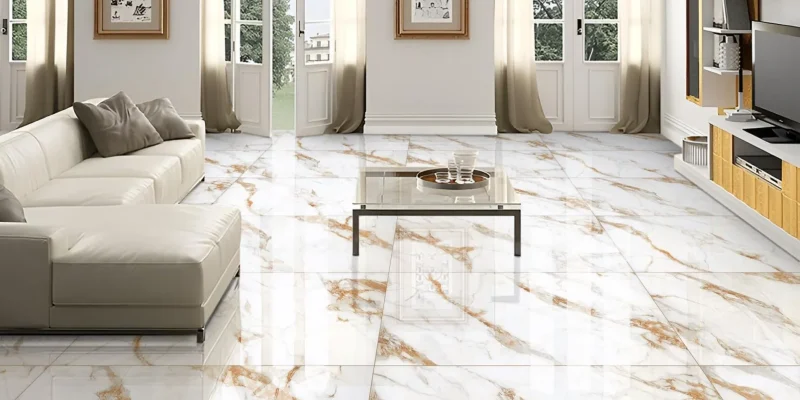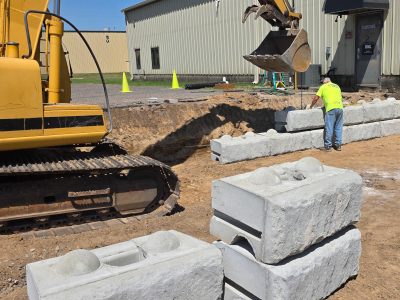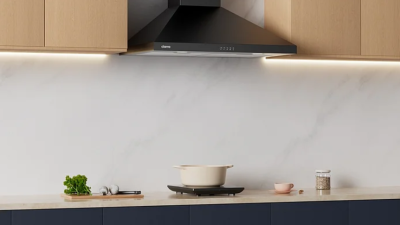Introduction: Excellence Begins with Precision
Porcelain tiles are known for their exceptional durability, elegance, and performance — qualities that make them a top choice for both residential and commercial spaces. But behind every perfectly designed porcelain tile lies a detailed process of manufacturing, testing, and quality assurance.
For architects, designers, and homeowners alike, understanding how suppliers ensure the quality of these tiles provides insight into why porcelain continues to dominate the global tile market. Let’s take a closer look at how top porcelain tile suppliers maintain superior standards from raw material to final delivery.
1. Selecting Premium Raw Materials
The foundation of any high-quality porcelain tile lies in the materials used. Porcelain is primarily composed of kaolin clay, quartz, feldspar, and other natural minerals. Reputable suppliers start by sourcing pure, refined raw materials with consistent particle sizes and chemical properties.
The right blend ensures not only the desired density and hardness but also the ideal color and finish. Suppliers work closely with certified quarries and trusted raw material providers to ensure every batch meets strict chemical composition standards before production even begins.
2. Advanced Manufacturing and Firing Processes
Once the raw materials are prepared, they undergo high-pressure molding and high-temperature firing — the heart of porcelain tile production. These processes are carefully controlled to produce tiles with uniform thickness, minimal porosity, and exceptional strength.
The firing stage is particularly critical: porcelain tiles are baked at temperatures exceeding 1200°C (2200°F). This vitrifies the material, resulting in a dense, waterproof tile that resists wear, stains, and cracking.
Modern suppliers use digital monitoring systems and precision kilns to maintain consistency across large production runs, ensuring every tile meets the same quality standard.
3. Rigorous Quality Control and Testing
Quality assurance doesn’t end once tiles come out of the kiln. In fact, it’s just the beginning of an intensive testing process. Each tile undergoes mechanical, visual, and chemical evaluations to ensure compliance with international standards such as ISO 13006 and EN 14411.
Common tests include:
- Water Absorption Test: Ensures tiles remain nearly impermeable.
- Breaking Strength Test: Measures the tile’s load-bearing capacity.
- Surface Abrasion Test: Evaluates resistance to scratching and wear.
- Color Consistency Check: Confirms visual uniformity across batches.
- Thermal Shock and Frost Resistance Tests: Guarantee performance under temperature variations.
Suppliers document these results to ensure transparency and traceability for every product line.
4. Design Precision and Surface Perfection
Beyond strength, aesthetics play a major role in tile quality. Today’s leading suppliers use high-definition digital printing and laser calibration to achieve perfect alignment, sharp visuals, and intricate textures.
Whether it’s a marble-look finish, a wood-inspired plank, or a minimalist matte design, precision printing ensures that every tile replicates natural materials with remarkable realism — all while maintaining durability and easy maintenance.
5. Strict Packaging and Logistics Control
Even the best tiles can lose their appeal if damaged during transport. That’s why quality control extends beyond production. Tiles are carefully sorted, packed, and protected using impact-resistant packaging that safeguards edges and surfaces.
Climate-controlled storage facilities and careful logistics coordination ensure tiles arrive in pristine condition, ready for installation. Every shipment is tracked and inspected before dispatch to guarantee it meets customer expectations.
6. Consistent Innovation and Certification
Top-tier suppliers understand that maintaining quality isn’t just about following standards — it’s about constant innovation. They invest in research and development to improve product performance, sustainability, and aesthetics.
This includes adopting eco-friendly production methods, recycling waste materials, and minimizing water and energy usage. Certification from recognized bodies such as GREENGUARD, CE, and ISO further reinforces their commitment to quality and environmental responsibility.
7. Trusted Partnerships and Customer Support
What sets a great supplier apart is their after-sales support and dedication to customer satisfaction. From providing installation guidance to offering customized tile solutions, leading companies ensure that every client receives exceptional service alongside premium products.
For instance, a trusted porcelain tiles supplier builds long-term partnerships by consistently delivering value, technical expertise, and reliable quality across every order.
Conclusion: Quality That Reflects Craftsmanship and Commitment
Every porcelain tile that graces a floor or wall is the result of careful craftsmanship, advanced technology, and strict quality control. From the selection of raw materials to the final inspection and packaging, every stage reflects the supplier’s dedication to excellence.
This rigorous attention to detail ensures that customers receive tiles that are not only visually stunning but also built to last a lifetime.










Comments